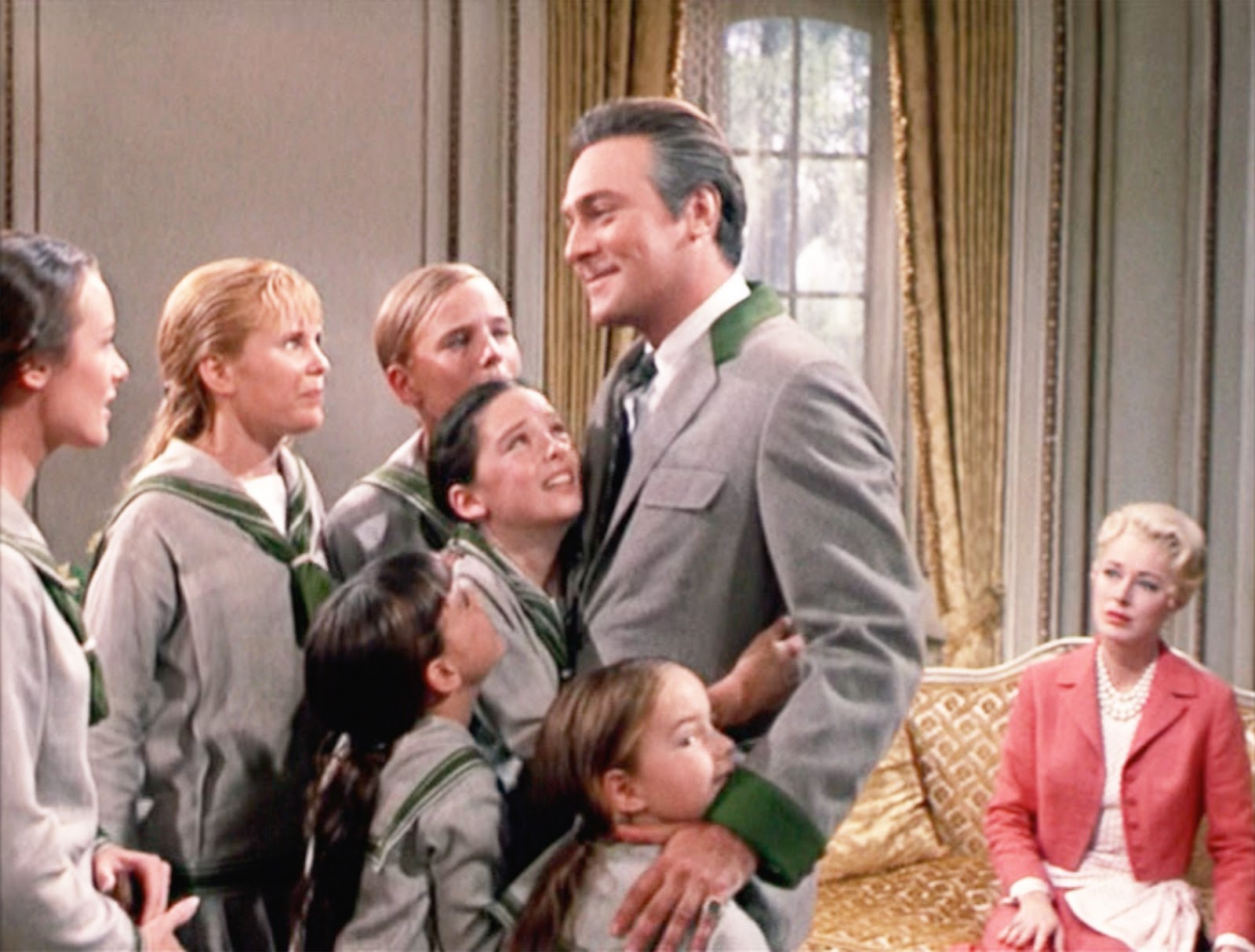The History of the Decline and Fall
of the Roman Empire
Chapter XIX:
Part 4
Under these melancholy circumstances, an unexperienced youth was appointed to save and to govern the provinces of Gaul, or rather, as he expressed it himself, to exhibit the vain image of Imperial greatness. The retired scholastic education of Julian, in which he had been more conversant with books than with arms, with the dead than with the living, left him in profound ignorance of the practical arts of war and government; and when he awkwardly repeated some military exercise which it was necessary for him to learn, he exclaimed with a sigh, “O Plato, Plato, what a task for a philosopher!”
Yet even this speculative philosophy, which men of business are too apt to despise, had filled the mind of Julian with the noblest precepts and the most shining examples; had animated him with the love of virtue, the desire of fame, and the contempt of death. The habits of temperance recommended in the schools, are still more essential in the severe discipline of a camp. The simple wants of nature regulated the measure of his food and sleep. Rejecting with disdain the delicacies provided for his table, he satisfied his appetite with the coarse and common fare which was allotted to the meanest soldiers. During the rigor of a Gallic winter, he never suffered a fire in his bed-chamber; and after a short and interrupted slumber, he frequently rose in the middle of the night from a carpet spread on the floor, to despatch any urgent business, to visit his rounds, or to steal a few moments for the prosecution of his favorite studies.
The precepts of eloquence, which he had hitherto practised on fancied topics of declamation, were more usefully applied to excite or to assuage the passions of an armed multitude: and although Julian, from his early habits of conversation and literature, was more familiarly acquainted with the beauties of the Greek language, he had attained a competent knowledge of the Latin tongue. Since Julian was not originally designed for the character of a legislator, or a judge, it is probable that the civil jurisprudence of the Romans had not engaged any considerable share of his attention: but he derived from his philosophic studies an inflexible regard for justice, tempered by a disposition to clemency; the knowledge of the general principles of equity and evidence, and the faculty of patiently investigating the most intricate and tedious questions which could be proposed for his discussion.
The measures of policy, and the operations of war, must submit to the various accidents of circumstance and character, and the unpractised student will often be perplexed in the application of the most perfect theory. But in the acquisition of this important science, Julian was assisted by the active vigor of his own genius, as well as by the wisdom and experience of Sallust, and officer of rank, who soon conceived a sincere attachment for a prince so worthy of his friendship; and whose incorruptible integrity was adorned by the talent of insinuating the harshest truths without wounding the delicacy of a royal ear.
Immediately after Julian had received the purple at Milan, he was sent into Gaul with a feeble retinue of three hundred and sixty soldiers. At Vienna, where he passed a painful and anxious winter in the hands of those ministers to whom Constantius had intrusted the direction of his conduct, the Cæsar was informed of the siege and deliverance of Autun. That large and ancient city, protected only by a ruined wall and pusillanimous garrison, was saved by the generous resolution of a few veterans, who resumed their arms for the defence of their country.
In his march from Autun, through the heart of the Gallic provinces, Julian embraced with ardor the earliest opportunity of signalizing his courage. At the head of a small body of archers and heavy cavalry, he preferred the shorter but the more dangerous of two roads; and sometimes eluding, and sometimes resisting, the attacks of the Barbarians, who were masters of the field, he arrived with honor and safety at the camp near Rheims, where the Roman troops had been ordered to assemble. The aspect of their young prince revived the drooping spirits of the soldiers, and they marched from Rheims in search of the enemy, with a confidence which had almost proved fatal to them. The Alemanni, familiarized to the knowledge of the country, secretly collected their scattered forces, and seizing the opportunity of a dark and rainy day, poured with unexpected fury on the rear-guard of the Romans.
Before the inevitable disorder could be remedied, two legions were destroyed; and Julian was taught by experience that caution and vigilance are the most important lessons of the art of war. In a second and more successful action, he recovered and established his military fame; but as the agility of the Barbarians saved them from the pursuit, his victory was neither bloody nor decisive.
He advanced, however, to the banks of the Rhine, surveyed the ruins of Cologne, convinced himself of the difficulties of the war, and retreated on the approach of winter, discontented with the court, with his army, and with his own success. The power of the enemy was yet unbroken; and the Cæsar had no sooner separated his troops, and fixed his own quarters at Sens, in the centre of Gaul, than he was surrounded and besieged, by a numerous host of Germans. Reduced, in this extremity, to the resources of his own mind, he displayed a prudent intrepidity, which compensated for all the deficiencies of the place and garrison; and the Barbarians, at the end of thirty days, were obliged to retire with disappointed rage.
The conscious pride of Julian, who was indebted only to his sword for this signal deliverance, was imbittered by the reflection, that he was abandoned, betrayed, and perhaps devoted to destruction, by those who were bound to assist him, by every tie of honor and fidelity. Marcellus, master-general of the cavalry in Gaul, interpreting too strictly the jealous orders of the court, beheld with supine indifference the distress of Julian, and had restrained the troops under his command from marching to the relief of Sens.
If the Cæsar had dissembled in silence so dangerous an insult, his person and authority would have been exposed to the contempt of the world; and if an action so criminal had been suffered to pass with impunity, the emperor would have confirmed the suspicions, which received a very specious color from his past conduct towards the princes of the Flavian family. Marcellus was recalled, and gently dismissed from his office.
In his room Severus was appointed general of the cavalry; an experienced soldier, of approved courage and fidelity, who could advise with respect, and execute with zeal; and who submitted, without reluctance to the supreme command which Julian, by the interest of his patroness Eusebia, at length obtained over the armies of Gaul.
A very judicious plan of operations was adopted for the approaching campaign. Julian himself, at the head of the remains of the veteran bands, and of some new levies which he had been permitted to form, boldly penetrated into the centre of the German cantonments, and carefully reestablished the fortifications of Saverne, in an advantageous post, which would either check the incursions, or intercept the retreat, of the enemy. At the same time, Barbatio, general of the infantry, advanced from Milan with an army of thirty thousand men, and passing the mountains, prepared to throw a bridge over the Rhine, in the neighborhood of Basil. It was reasonable to expect that the Alemanni, pressed on either side by the Roman arms, would soon be forced to evacuate the provinces of Gaul, and to hasten to the defence of their native country.
But the hopes of the campaign were defeated by the incapacity, or the envy, or the secret instructions, of Barbatio; who acted as if he had been the enemy of the Cæsar, and the secret ally of the Barbarians. The negligence with which he permitted a troop of pillagers freely to pass, and to return almost before the gates of his camp, may be imputed to his want of abilities; but the treasonable act of burning a number of boats, and a superfluous stock of provisions, which would have been of the most essential service to the army of Gaul, was an evidence of his hostile and criminal intentions. The Germans despised an enemy who appeared destitute either of power or of inclination to offend them; and the ignominious retreat of Barbatio deprived Julian of the expected support; and left him to extricate himself from a hazardous situation, where he could neither remain with safety, nor retire with honor.
As soon as they were delivered from the fears of invasion, the Alemanni prepared to chastise the Roman youth, who presumed to dispute the possession of that country, which they claimed as their own by the right of conquest and of treaties. They employed three days, and as many nights, in transporting over the Rhine their military powers. The fierce Chnodomar, shaking the ponderous javelin which he had victoriously wielded against the brother of Magnentius, led the van of the Barbarians, and moderated by his experience the martial ardor which his example inspired. He was followed by six other kings, by ten princes of regal extraction, by a long train of high-spirited nobles, and by thirty-five thousand of the bravest warriors of the tribes of Germany.
The confidence derived from the view of their own strength, was increased by the intelligence which they received from a deserter, that the Cæsar, with a feeble army of thirteen thousand men, occupied a post about one-and-twenty miles from their camp of Strasburgh. With this inadequate force, Julian resolved to seek and to encounter the Barbarian host; and the chance of a general action was preferred to the tedious and uncertain operation of separately engaging the dispersed parties of the Alemanni.
The Romans marched in close order, and in two columns; the cavalry on the right, the infantry on the left; and the day was so far spent when they appeared in sight of the enemy, that Julian was desirous of deferring the battle till the next morning, and of allowing his troops to recruit their exhausted strength by the necessary refreshments of sleep and food. Yielding, however, with some reluctance, to the clamors of the soldiers, and even to the opinion of his council, he exhorted them to justify by their valor the eager impatience, which, in case of a defeat, would be universally branded with the epithets of rashness and presumption.
The trumpets sounded, the military shout was heard through the field, and the two armies rushed with equal fury to the charge. The Cæsar, who conducted in person his right wing, depended on the dexterity of his archers, and the weight of his cuirassiers. But his ranks were instantly broken by an irregular mixture of light horse and of light infantry, and he had the mortification of beholding the flight of six hundred of his most renowned cuirassiers. The fugitives were stopped and rallied by the presence and authority of Julian, who, careless of his own safety, threw himself before them, and urging every motive of shame and honor, led them back against the victorious enemy.
The conflict between the two lines of infantry was obstinate and bloody. The Germans possessed the superiority of strength and stature, the Romans that of discipline and temper; and as the Barbarians, who served under the standard of the empire, united the respective advantages of both parties, their strenuous efforts, guided by a skilful leader, at length determined the event of the day. The Romans lost four tribunes, and two hundred and forty-three soldiers, in this memorable battle of Strasburgh, so glorious to the Cæsar, and so salutary to the afflicted provinces of Gaul.
Six thousand of the Alemanni were slain in the field, without including those who were drowned in the Rhine, or transfixed with darts while they attempted to swim across the river. Chnodomar himself was surrounded and taken prisoner, with three of his brave companions, who had devoted themselves to follow in life or death the fate of their chieftain. Julian received him with military pomp in the council of his officers; and expressing a generous pity for the fallen state, dissembled his inward contempt for the abject humiliation, of his captive. Instead of exhibiting the vanquished king of the Alemanni, as a grateful spectacle to the cities of Gaul, he respectfully laid at the feet of the emperor this splendid trophy of his victory. Chnodomar experienced an honorable treatment: but the impatient Barbarian could not long survive his defeat, his confinement, and his exile.
After Julian had repulsed the Alemanni from the provinces of the Upper Rhine, he turned his arms against the Franks, who were seated nearer to the ocean, on the confines of Gaul and Germany; and who, from their numbers, and still more from their intrepid valor, had ever been esteemed the most formidable of the Barbarians. Although they were strongly actuated by the allurements of rapine, they professed a disinterested love of war; which they considered as the supreme honor and felicity of human nature; and their minds and bodies were so completely hardened by perpetual action, that, according to the lively expression of an orator, the snows of winter were as pleasant to them as the flowers of spring. In the month of December, which followed the battle of Strasburgh, Julian attacked a body of six hundred Franks, who had thrown themselves into two castles on the Meuse.
In the midst of that severe season they sustained, with inflexible constancy, a siege of fifty-four days; till at length, exhausted by hunger, and satisfied that the vigilance of the enemy, in breaking the ice of the river, left them no hopes of escape, the Franks consented, for the first time, to dispense with the ancient law which commanded them to conquer or to die.








